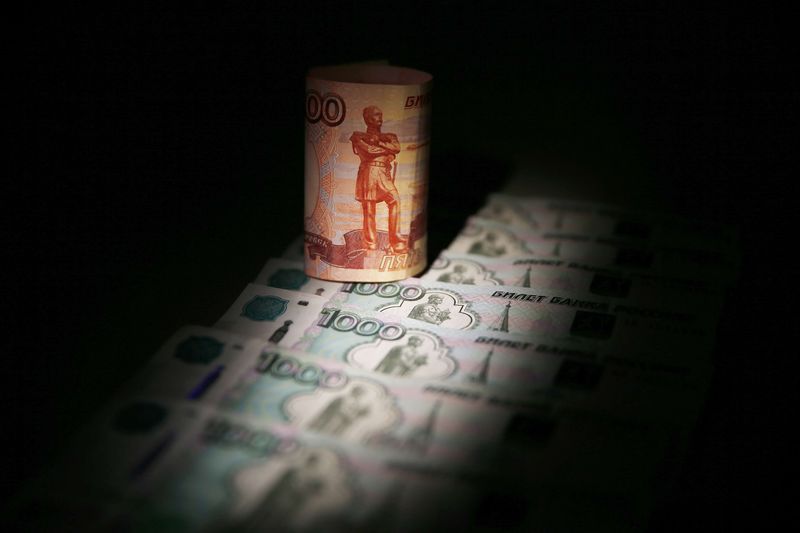Rouble-focused measures complicate Russia’s asset sell-offs for western firms
2023.10.31 03:57

© Reuters.
In the face of a depreciating rouble, Russia has imposed stringent restrictions on western companies looking to sell their Russian assets and repatriate the proceeds in foreign currencies. The rouble crossed Rbs100 to the dollar this year, prompting the Kremlin to take action to support its currency. Kremlin spokesperson Dmitry Peskov stressed that creating favorable conditions for its currency was a government’s duty and that the rouble had absolute priority.
In response to the rouble’s decline in July, authorities presented western companies with two options. They could either transfer funds into a restricted type “C” account at a Russian bank or wire the money abroad in several installments due to a $20 million per day transfer limit. Alternatively, they could instantly convert their assets into roubles into a regular Russian bank account.
Further measures have been implemented to bolster the struggling currency. Russia’s central bank increased its interest rate four times since August, reaching 15%. Additionally, President Putin ordered 43 companies to sell portions of their foreign currency revenue domestically. However, Central Bank Governor Elvira Nabiullina publicly disagreed with this move, considering its impact insignificant and short-lived.
The constraints on currency repatriation have complicated deal approvals for foreign companies in Russia. This includes a “voluntary” contribution to the Russian budget that has recently increased from 10% to 15% of the transaction amount. Additionally, firms are required to sell at a minimum of 50% discount to the asset’s fair value. An investment banker noted that due to the $20 million per day transfer limit and the commission’s seven-day deadline, it was impossible for the seller to receive all proceeds from the deal.
This article was generated with the support of AI and reviewed by an editor. For more information see our T&C.







